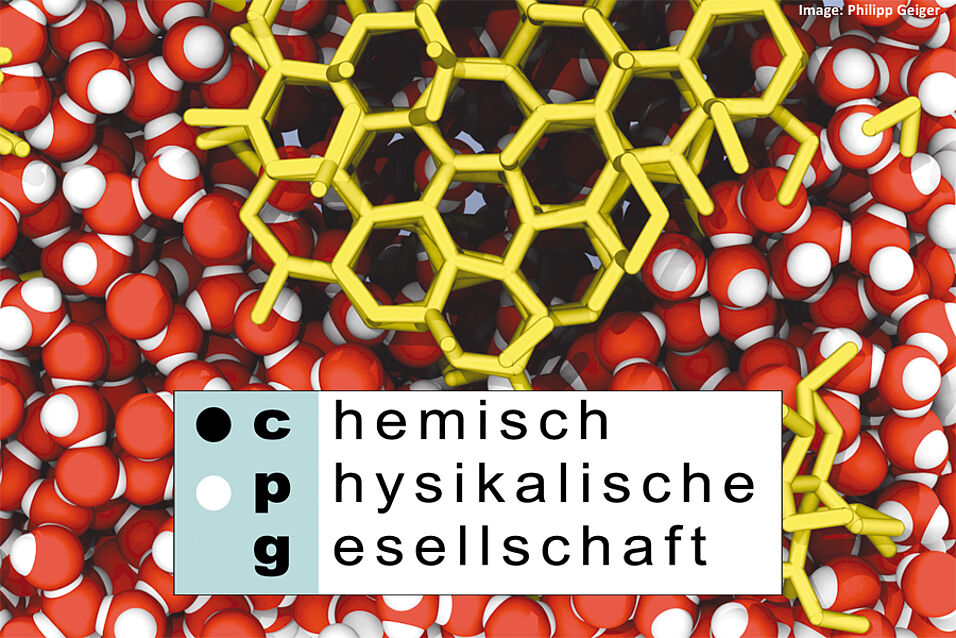Vortrag im Rahmen der Chemisch Physikalischen Gesellschaft
The operation of electrochemical energy storage systems based on Li-ion technology is supplemented by the active transport of electrons and lithium ions ex-changed between the positive and negative electrode materials during cycling. Besides materials prop-erties, such an exchange is facilitated by cell parameters like electrode dimensions and geometry, cur-rent density, temperature, pressure, reaction rate etc. It is worth to be mentioned that such parameters are neither uniformly distributed nor static in general and, therefore, serve as a stabilizing factor of het-erogeneous state in Li-ion batteries typically reflected in lithium concentrations distributed in the elec-trodes. Besides this a permanent demand for improved energy/power densities, safety and lifetime re-sults in the increasing engineered complexity of Li-ion batteries on different scale levels. Such complex-ity requires the application of non-destructive probes for characterization of batteries.
It is intrinsic to Li-ion batteries to be electrically isolated systems, so that quantification of the uniformity of their properties (chemical, current, charge and/or temperature) is often non-trivial. Taking the cell apart and harvesting of the materials for further ex situ/post mortem characterisations is a popular task, which, however, might not necessarily reflect the initial/original state. There are just few methodologies capable to probe the cell homogeneity under real operating conditions, i.e. in operando, and only a limited number of reports on real cells. In such context neutron scattering provide a number of excellent probes in battery research (especially when combined with electrochemistry), either in ex situ or in op-erando modes. In the current contribution an overview of selected neutron scattering tools (diffraction and small-angle scattering, imaging, reflectometry, neutron and positron spectroscopy, depth profiling etc) will be presented in brief and complemented by the real examples of studies either on real-life Li-ion batteries or specially adapted electrochemical cells for neutron scattering.

